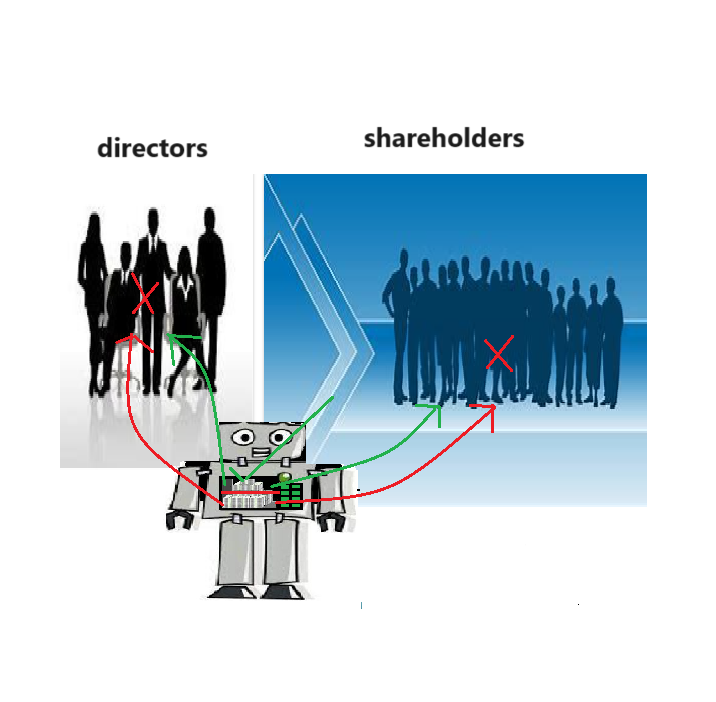Bairstow v Queens Moat Houses Plc [2001] EWCA Civ 71245
Citation:Bairstow v Queens Moat Houses Plc [2001] EWCA Civ 71245
Rule of thumb:Do directors have a legal duty to maintain the organisation at a decent level of finance? Yes, to some degree - if directors give out dividends extremely recklessly which put the organisation in serious financial jeopardy, the directors in theory can be made personally liable for this.
Judgment:
This case affirmed the principle of ‘stable corporate finance’ by directors and it is often called the ‘windfall’ principle as well. It affirmed that directors must keep an adequate amount of money/capital-assets in the company to ensure that its business financially stable, a going concern and can survive shocks and business downturns. This case confirmed that dividends are not allowed to be given out where they would put the company at a dangerous level of capital. It did also affirm that a shareholder who has received the dividends is not entitled to sue a director for doing this as they would receive a double benefit, ‘In considering this windfall objection it is no doubt right to ignore the fact that the appellants are in practice unlikely, in view of the very large sums involved and the costs orders already made against them, to be able to meet even a small part of any judgments against them. It is not so easy to ignore the fact that the present shareholders in Queens Moat are probably a very different body of investors than those who received the unlawful dividends ten years ago. Some of those early investors may have cut their losses by selling their shares at the bottom of the market. Some of the present investors may have been astute enough or lucky enough to have bought their shares at the bottom of the market. Some may even have formed a view, in deciding to invest in Queens Moat, as to the prospects of a successful recovery on the counterclaim. These considerations put some flesh on the Salomon v Salomon point. They are matters which the court cannot easily take into account, however strong its instinct to achieve a fair result and avoid anything which resembles double recovery. Nevertheless it may be assumed that some of the present shareholders did receive and benefit from unlawful dividends paid between 1991 and 1993’, Walker J

Warning: This is not professional legal advice. This is not professional legal education advice. Please obtain professional guidance before embarking on any legal course of action. This is just an interpretation of a Judgment by persons of legal insight & varying levels of legal specialism, experience & expertise. Please read the Judgment yourself and form your own interpretation of it with professional assistance.

